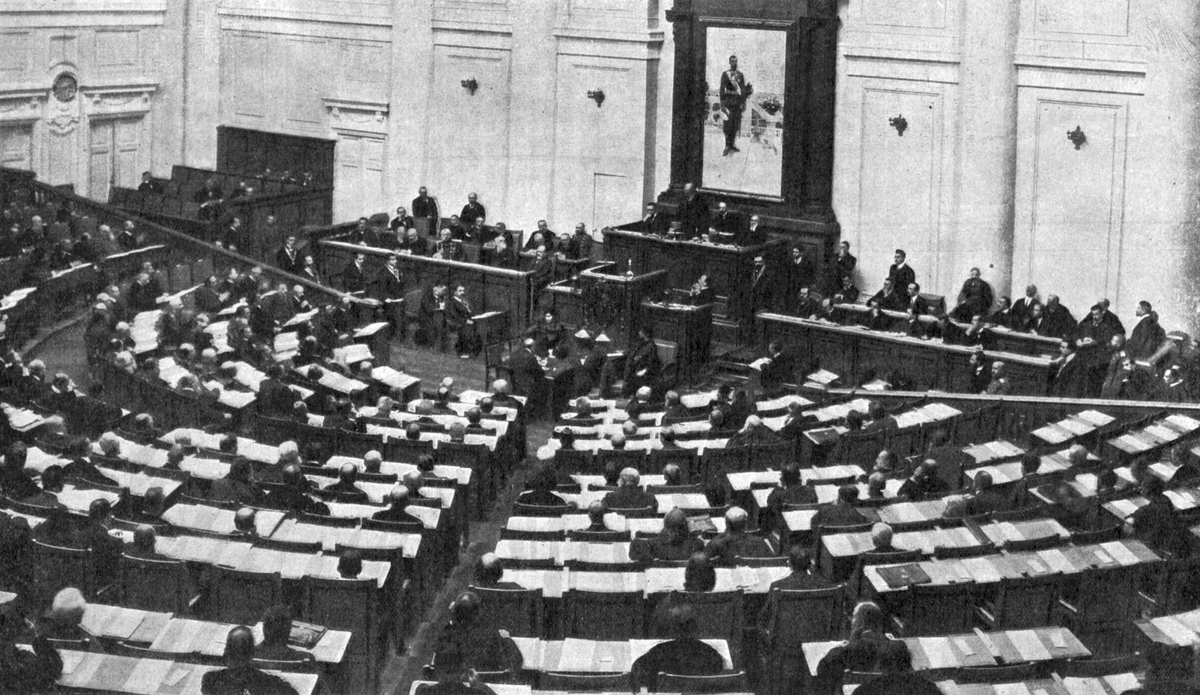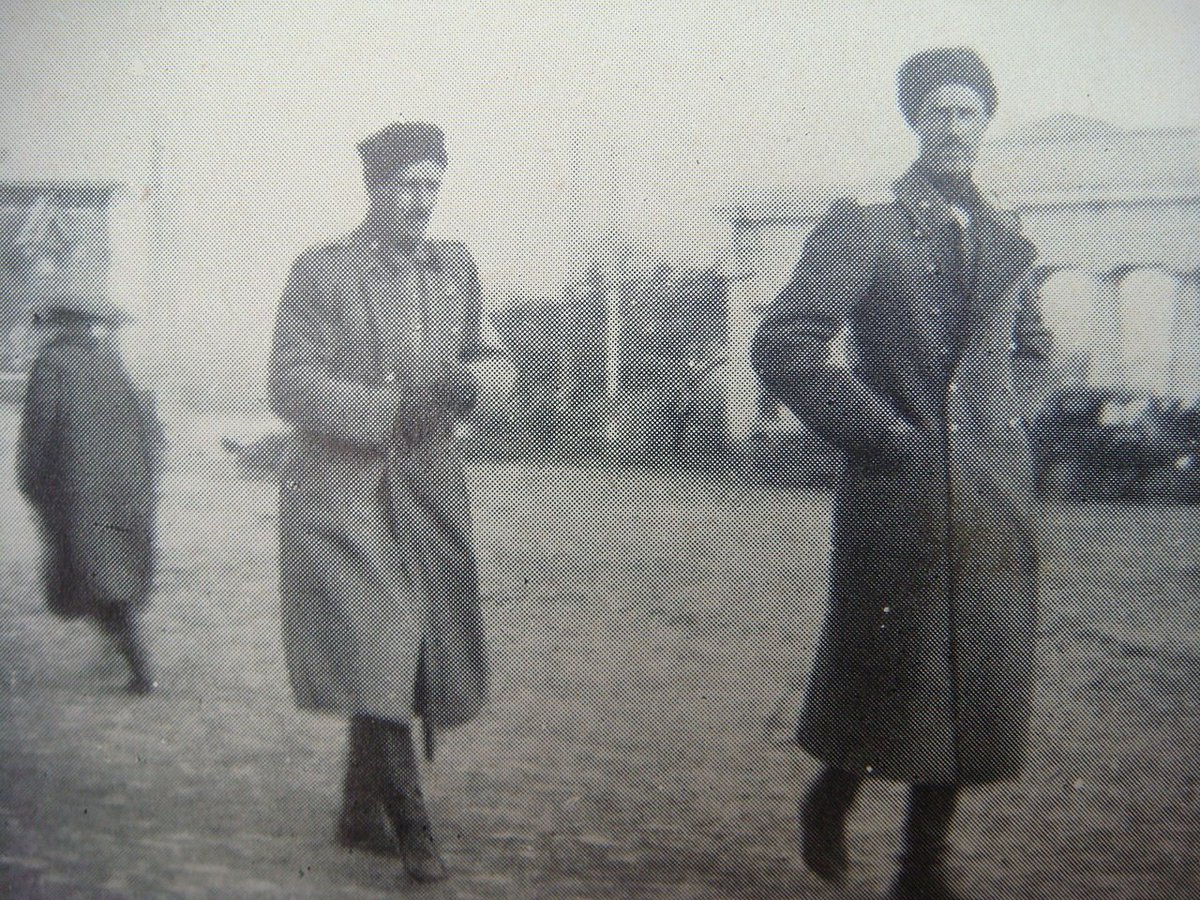
Sebeos, an Armenian bishop writing c. 661, names Muhammad as leading the Saracens and seems to understand the doctrine at that stage: strict monotheism, heavily based on the Tanakh, and a particular focus on Abraham, hence Palestine as the first target. erevangala500.com/upload/pdf/132… 

Sebeos is a helpful source against those who would argue Muhammad is a mythic figure, but he does not call Muhammad a prophet Doctrina Jacobi—unlike the earlier Doctrina Jacobi that *does* make reference to a prophet leading the invasion of Palestine but doesn't mention Muhammad.
If the "prophet" the Doctrina Jacobi mentions is Muhammad, that is contemporaneous evidence. It's also referring to events in 634, when Muhammad is, by Tradition, dead in 632.
https://twitter.com/KyleWOrton/status/1401424740695396352
Accompanied by a lot of misunderstanding as it might be, there are some pieces from Sebeos that ring true: the Byzantines/Romans never really re-established control in Palestine after the Persians are pushed out, and the Jews sided with the Saracens during the events of 634. 

The Muslim conquests of the 630s and 640s were, not to put too fine a point on it, neither Muslim nor conquests: the Arabs who inherit those Roman provinces do so with very little fighting and their doctrine is not yet Islam
[Donner, "Muhammad and the Believers", pp. 109-12]


[Donner, "Muhammad and the Believers", pp. 109-12]



Christian writers like Sebeos have an obvious polemical interest in portraying the Arab invaders of Christian Byzantine territory as in some way Jewish or aligned with Jews, but the surrounding evidence is pretty suggestive on the character of the conquerors' creed.
[p. 114]

[p. 114]


• • •
Missing some Tweet in this thread? You can try to
force a refresh








